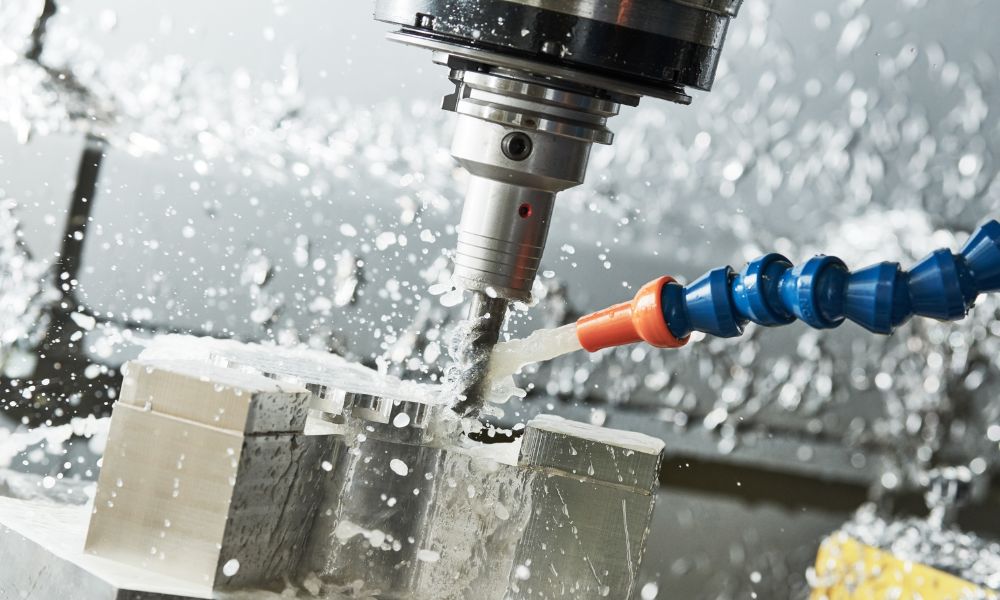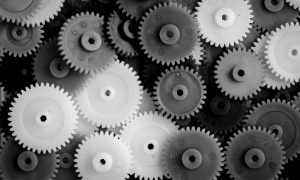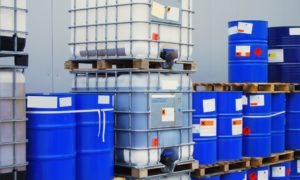Computer numerical control (CNC) machining and injection molding are two common processes for bringing products to life in the manufacturing industry. Many factors come into play when deciding which method to use for any given manufacturing project, including costs, timeframe, material, and complexity. We’ll offer a brief comparison between CNC machining and injection molding, their advantages and disadvantages, and when to use them.
What Is CNC Machining?
CNC machining is the process of using computerized machines to produce parts. The process involves cutting material from a solid block or rod with a cutting tool. This process is suitable for making metal parts, such as gears, or complex parts that are challenging or impossible to mold. One of the advantages of CNC machining is the ability to produce parts in small quantities without a high setup cost or initial investment.
What Is Injection Molding?
Injection molding is the process of using plastic, rubber, or metal and injecting it into a mold. The material melts in a hopper and enters the mold cavity. Then, it cools so the operator can remove it from the machine. Injection molding is efficient and can produce large quantities of parts with a low unit cost.
What Are the Differences?
A significant difference between CNC machining and injection molding is the materials the processes use. CNC machining can work with various materials, including metal, composites, and wood. Injection molding is limited to plastics, rubber, and glass.
CNC machining can be costly when producing many identical parts, while injection molding is often less expensive for large-scale production. Outsourcing CNC machining services to skilled professionals could save your business high upfront costs associated with production.
Which Is Better?
When deciding which manufacturing process to use, consider the shape and size of the products you’re making. CNC machining is ideal for creating intricate shapes and designs, while injection molding is suitable for products with simple designs and few complexities. A rule of thumb is that CNC machining is the process of choice when creating small parts, while injection molding is appropriate for creating bigger parts.
Choose a Process That Best Fits Your Products
When comparing CNC machining to injection molding, you’ll find that both have advantages and disadvantages. Your choice depends on your project requirements, including cost, materials, part quantity, and complexity. CNC machining is the preferred method for precise, low-volume parts, while injection molding is ideal for high-volume production of parts with simple designs. By understanding the difference between the two processes, your company can leverage a suitable option for production.




